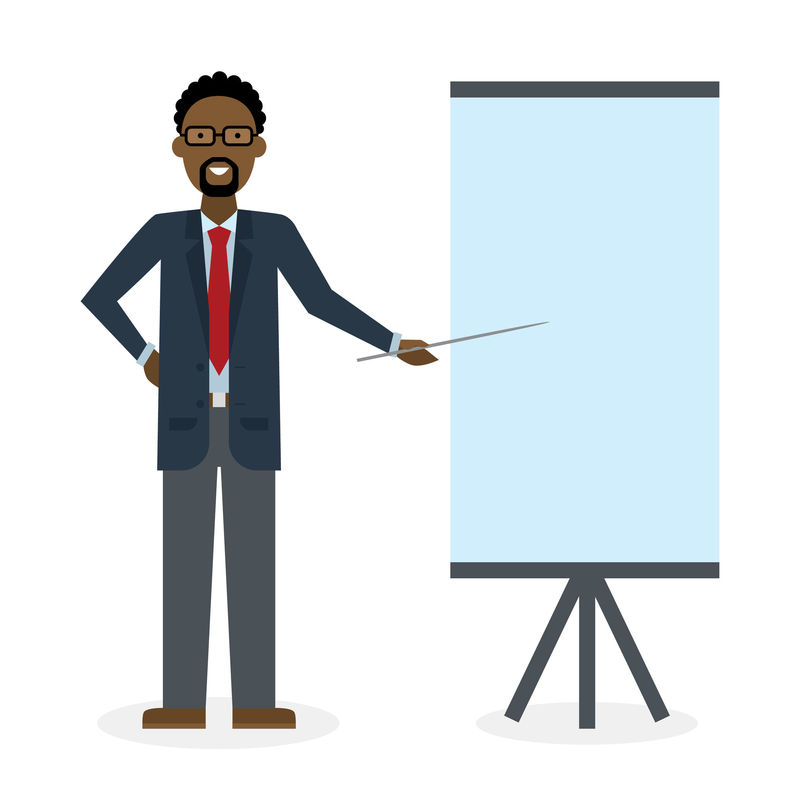- Wise Words -
A Millennial Reflection.
Two Years in the Workplace
by megan mostoller
|
I am writing this column on the second anniversary of my hasty, transformative, yet much anticipated start of my career.
My first two years in the workforce has been a combination of quick-pace learning, transition from the fabulous college life to a so-so apartment in New Jersey with a commute for my “9-to-5” while also trusting in my own knowledge and ability. Although it feels like yesterday (time flies when you’re working I guess!) now is a good time to reflect on what I have learned. Much of what I’ve picked up on were foretold by peers, professors, or family members. That said there’s nothing like application and stumbling into situations first hand to make all the advice come to life! Lifelong Learning. The workplace, unfortunately, is almost nothing like school. While the tools we’ve used and mastered in college are what got us to this point, applying it in a business setting is a whole new ball game. To get me through the bumps of this transition I have been lucky to have colleagues and managers to guide me. Based on my experience my advice is to listen to fellow co-workers, ask to sit in on calls, and don’t think twice about attending an optional meeting. All these things will help you learn the tips and tricks that more veteran team members have picked up along the way. I remember my first week at my new company where my manager held a training session on how to speak to a client while remaining collected when you cannot answer the question. At the time, I barely had a grasp on the tools I would be using, let alone how to explain to a client how they work. Regardless, I wrote down every word she said, and still reference the notes two years later. Early on in your career, every day is an opportunity to learn something. I’ve noticed that many of my friends from college envy the mentorship I have had with my managers. It is a two-way partnership. In the work place I have found that collaboration, cooperation and connection are the new normal. The want to learn should not end on graduation day so keep at it! Don’t Forget Your Voice. Being an Early Stage Professional does not mean your opinion should not be heard. Each team member brings their own unique perspective to a problem. Everyone’s input matters. In fact, voicing your opinion shows your understanding of the business as well as showing you want to help your company. Even if your idea has previously been discussed or trialed, your peers will be able to provide insight on why it won’t work and this furthers your understanding and challenging you to look at the problem in a different light. Asking questions may also lead to a unique solution or new approach. Whatever way you get to the answer, your manager will be glad you have given your ideas and opinion. It shows that you are interested and collaborative. 
Find the “Teachers” There are two things I learned quickly while starting as an Early Stage Professional. The first being the wonderful world of internal tools. There’s nothing quite like starting the first week of a new job and being hit with the expected learning curve for internal tools. Every business has its processes, and every process has its tool. Luckily the second half of this realization is, there are people in this world who make great teachers. You’ve likely met these people throughout your whole life – the lifeguard who is great at teaching swimming, the math tutor that knows exactly what to say to get a problem to click for you, and there are plenty of people who hold this quality in your office. These are the mentors that will push you to make your own mistakes, but will be there to explain where you went wrong and encourage you to try again. I was fortunate enough to have a great team who were patient, understanding, and let me fail all with the goal of me gaining a full grasp of the tools I was using. Once the initial learning curve came to a plateau, it was my responsibility to become more independent and rely less on the teachers of my team. At the end of my first six months I was asking less “how to?” and more “what if?”. It was a great transition to have made. “Can I help?” Asking if you can help may seem obvious, but is easy to overlook. Whether you are 6 months into the job, or 25 years in, I think this simple question has so many benefits to your own personal growth, the confidence your colleagues have in you, and inevitably the success of the business. By asking this simple question you are creating and engaging in a team environment while acknowledging to your colleagues that you are prepared and willing to take on a bigger workload. More often than not, your peers will have a harder time letting go of their work than letting you jump in but putting this initiative out there shows you are a team player. The times that work does get passed to you, is a great opportunity to be exposed to higher level work or run through a routine that is foreign to you. Once you do this, it is likely more work will be passed your way, building the steps to get you further in your career. Be curious and build initiative. One of the best things an Early Stage Professional can do to further their career, is to become a well-rounded employee. Outside of internal tools, the first few months are a huge opportunity to learn about the business you are in. If you are lucky and are at a good company you will be placed in onboarding training sessions where you will learn the entire business. Through these you will meet co-workers you may not work with day to day, and beyond meeting and engaging with these peers. Be honest in your curiosity to learn more about something you are not familiar with. If you are listening to an interesting presentation, ask the speaker out for coffee to get a deeper dive. Creating a connection like this with a fellow co-worker is extremely valuable, while building knowledge for you! Back to it... While I still have a lot to learn on my career journey, these building blocks have helped me be a reliable and engaged team player and employee. I continue to look to my managers and colleagues to learn and grow within my industry. Being an early stage professional can often be confusing and complicated, but by maintaining your career goals and looking to role models within your workplace, getting ahead is possible and achievable. Best of luck!

Megan Mostoller is a User Experience Designer at The Tradedesk, based in New York City.
Prior to joining The Tradedesk, Megan worked at Criteo and Sigma in digital design and production. She holds a BA in Design from Seton Hall University. |



